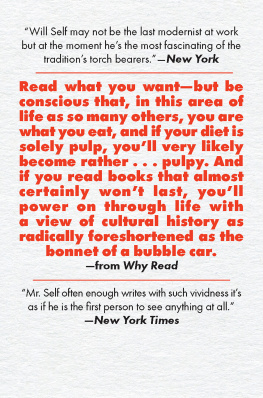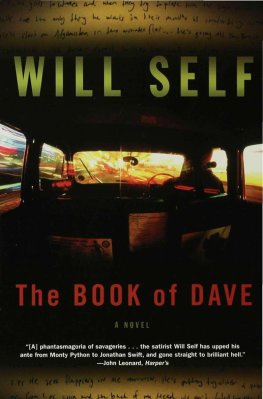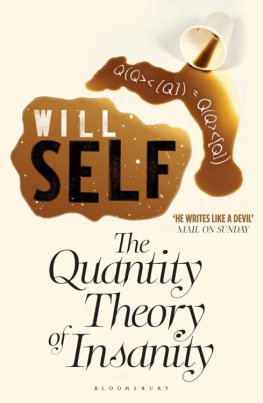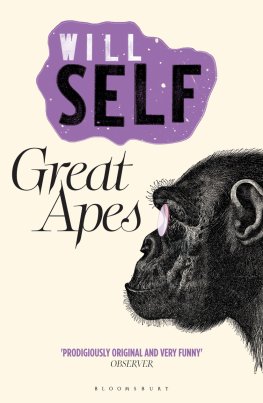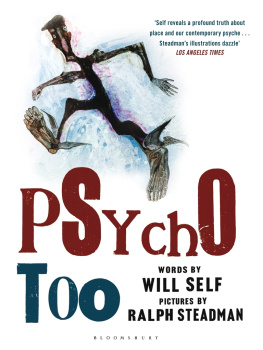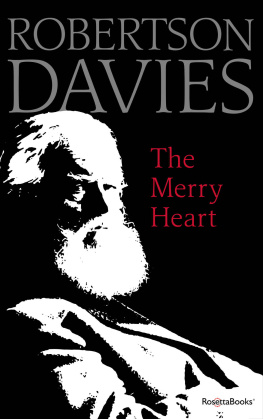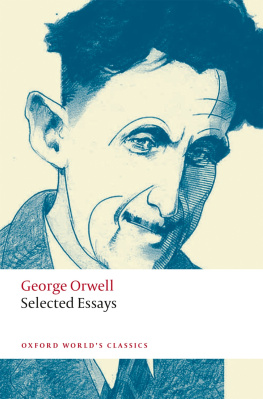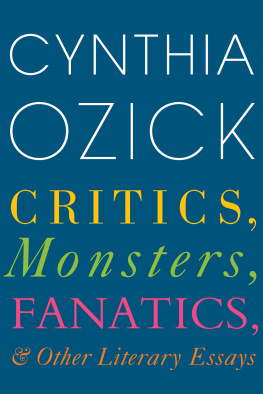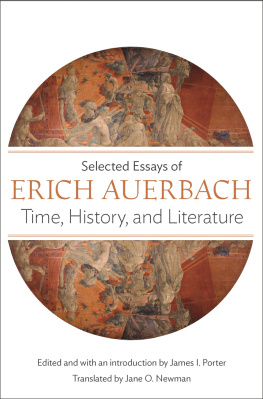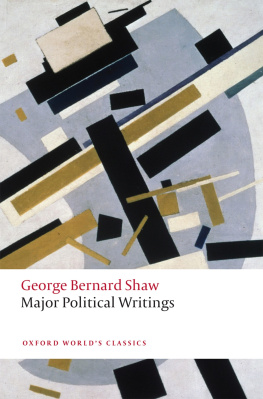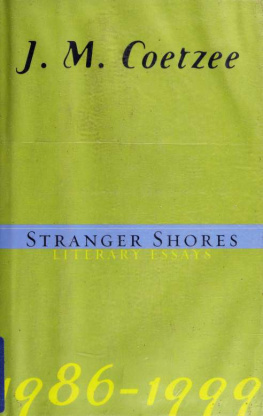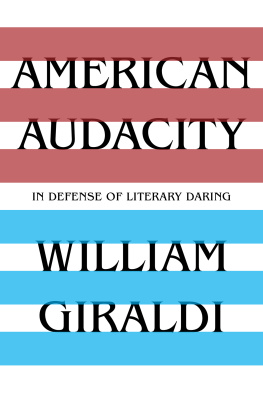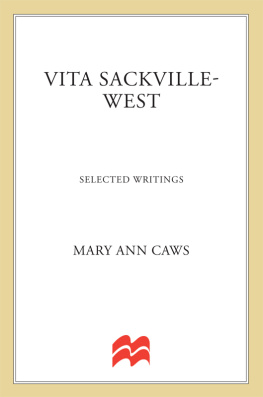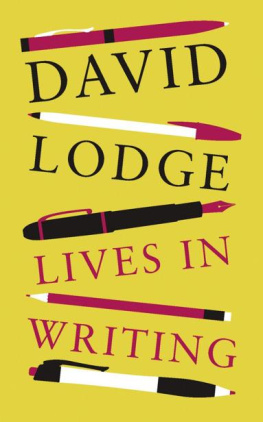Contents
Guide

Also by Will Self
NOVELS
Cock and Bull
My Idea of Fun
The Sweet Smell of Psychosis
Great Apes
How the Dead Live
Dorian, an Imitation
The Book of Dave
The Butt
Walking to Hollywood
Umbrella
Shark
Phone
STORY COLLECTIONS
The Quantity Theory of Insanity
Grey Area
Tough, Tough Toys for Tough, Tough Boys
Dr. Mukti and Other Tales of Woe
Liver: A Fictional Organ with a Surface Anatomy of Four Lobes
The Undivided Self: Selected Stories
NONFICTION
Junk Mail
Perfidious Man
Sore Sites
Feeding Frenzy
Psychogeography
Psycho Too
The Unbearable Lightness of Being a Prawn Cracker
Will

Copyright 2022 by Will Self
Jacket design by Nathan Burton
All rights reserved. No part of this book may be reproduced in any form or by any electronic or mechanical means, including information storage and retrieval systems, without permission in writing from the publisher, except by a reviewer, who may quote brief passages in a review. Scanning, uploading, and electronic distribution of this book or the facilitation of such without the permission of the publisher is prohibited. Please purchase only authorized electronic editions, and do not participate in or encourage electronic piracy of copyrighted materials. Your support of the authors rights is appreciated. Any member of educational institutions wishing to photocopy part or all of the work for classroom use, or anthology, should send inquiries to Grove Atlantic, 154 West 14th Street, New York, NY 10011 or
First published in Great Britain in 2022 by Grove Press UK
First Grove Atlantic US hardcover edition: January 2023
Published simultaneously in Canada
Printed in the United States of America
Library of Congress Cataloging-in-Publication data is available for this title.
ISBN 978-0-8021-6024-9
ISBN 978-0-8021-6025-6
Grove Press
an imprint of Grove Atlantic
154 West 14th Street
New York, NY 10011
Distributed by Publishers Group West
www.groveatlantic.com
For Ivan, who reads
Table of Contents
Why Read?
The future St Augustines account of his mentor Bishop Ambroses reading habits, written during the fourth century of the Christian era, still stands as the first definitive account of anyone doing this: When he read his eyes scanned the page and his heart sought out the meaning, but his voice was silent and his tongue was still. Anyone could approach him freely and guests were not commonly announced, so that often, when we came to visit him, we found him reading like this in silence, for he never read aloud. Augustines astonishment is so palpable while other references to such a practice prior to this are so scant we can only infer that reading was indeed principally undertaken aloud. Certainly, with literacy uncommon in the Roman world, there were fewer readers than those desirous of knowing texts; while, with the rise of a religion in which Gods revelation took a written form, this sacred imperative joined these more mundane motivations. Suffice it to say, it isnt until the tenth century that we gain a general sense of reading becoming a solitary pursuit rather than a collective endeavour.
So why do it? Why bury your head in a book? Because lets face it, the experience of solitary reading is qualitatively different from being read to aloud in a group the former entails a deeper absorption in the text, and a more direct engagement with the mind shaping its language: immersive private reading leads one into a virtual reality, while being told a story with others keeps you in a social one. The analogy might be on the one hand with the individual liberty of conscience implicit in the Protestant confession, and on the other with collectively uttered Catholic credo. However, I suspect if youve even got this far youre a reader anyway and have now further self-selected by showing an interest not just in the text, but also if you like in the meta-text: what lies beyond the text that shapes our apprehension of it. In which case, you almost certainly know why you yourself read: its self-evidently to do with your enjoyment, experienced as the free play of your imagination, the stimulation of your intellect, and the engagement of your sympathy. But as to why it should be reading specifically that enables this and what other values we project onto this ability these are different questions, the answers to which may provide us with some insight into the vexed further one: whither reading?
In Understanding Media (1964), that revelatory and prophetic work of cultural philosophy, Marshall McLuhan speaks of the form of human consciousness engendered by the practice of solitary reading as the Gutenberg mind, and calls implicitly for a recognition of its potential limits. Indeed, to follow his most celebrated maxim is to recognise that the message of the codex, as a medium, is that acquiring knowledge and its understanding are undertakings separated from the social realm, whether by the bone of our skulls or the boards of our book covers.
In the current era the dispute between those who view the technological assemblage of the internet and the web as some sort of panacea for our ills, and those who worry it might herald the end of everything from independent thought (whatever that might be), to literacy itself, has a slightly muted feel. I suspect the reason for this is also to be found in Understanding Media: as McLuhan pointed out, the supplanting of one medium by another can take a long time and just as the practice of copying manuscripts by hand continued for centuries after the invention of printing, so solitary reading conceived of importantly as an individual and private absorption in a unitary text of some length persists, and will continue to endure long after the vast majority of copy being ingested is in the form of tiny digitised gobbets.
2020 was an exceptional year, and the evidence is certainly not conclusive, but nonetheless the pandemic almost certainly resulted in renewed interest in long-form prose and the reading of it. Theres a nice sort of asynchrony here, with the reviving of the Gutenberg mind being occasioned by the sort of plague with which he wouldve been all too familiar. But when we ask why should we read? The answer surely cannot be that its the substrate best suited for cultivating a certain type of human persona one that sees itself as unitary, maintaining identity through space and time, and capable of accounting for itself in a linear fashion conformable to external correlates a persona, in other words, like a book. Yet just as the pandemic has got some of us scuttling back within its covers, so the longer-term decline in what we might call purposive reading has been inversely arguably perversely correlated with what the philosopher Galen Strawson terms strong narrativity: that belief not only in the book-like human persona, but in a categorical imperative to convey its contents to others.

